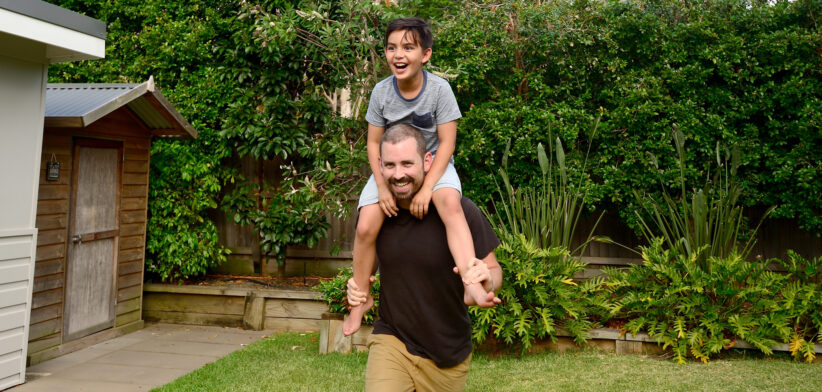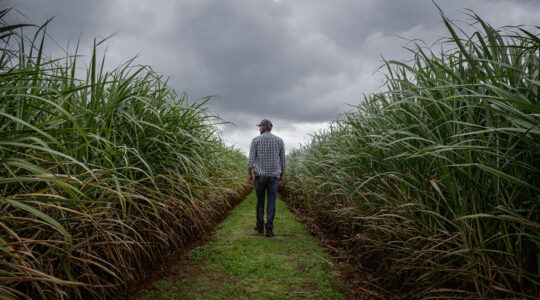By Shane Rodgers
Just for a moment everything seemed possible. Overnight, companies learned to use technology to allow their knowledge economy workers to live a genuinely flexible life.
The commutes that sucked the life out of working days were suddenly gone. We could be at our desks working as a five-minute transition from eating our breakfast toast.
Parents could seamlessly integrate a school pick-up into their day without guilt, or juggle their hours to meet the demands and realities of human existence.
It must have all been a dream, right? Probably.
With each passing day, more and more organisations are shutting down the bold COVID-induced flexible work model.
The long, frustrating commutes are largely back, and sanitiser dispensers are sitting empty and forlorn across the country, a reminder of a moment in history when we declared war on spreading germs and spending wasted days fighting lurgies.
Parents who need to pick up children at times ill-attuned to working days are back to guilty exits or restrained career opportunities.
On some levels, the snap-back to status quo is not unexpected. The pandemic change happened quickly and without the usual rules framework and change mechanisms.
In a post-pandemic world, we are culturally wired to retreat back to things we know, relatively free of risk and imagination.
On another level it seems that we are squandering a great opportunity to reset the way people live, for the better, and break out of infrastructure and behaviour norms that are costly and largely remnants of a different era.
In fact, I venture to say we were handed a once-in-a-century opportunity to make some very radical change, and day by day, the chance is slipping away.
In particular, it is hard to believe that we allowed congested commutes to come back. The pandemic highlighted the ridiculous notion of everyone heading to the same place on the same roads at the same time.
Yet, here we are again.
Many would say that working at home either reduced productivity or encouraged “out of sight, out of mind” bludging. But it is not so simple.
I suspect what is really highlighted is that we know very little about employee output in general, regardless of where they work. Where productivity can be measured properly, in many cases flexible work enhanced it.
Clearly having everyone working away from the office brought issues around training, collaboration and innovation. At least we think it did.
The evidence remains mixed and most of the debate is around whether the COVID way or the pre-COVID way is better. The reality is inevitably somewhere in between. And this is my point.
We really need a new, well-informed, debate about the type of working world we want in 2024. I have long written about the bubbling dissatisfaction with the 21st century world being mired like molasses in a 20th Century paradigm.
The result is ever-dysfunctional roads that fill in peak times as soon as they are widened, vast amounts of wasted travel time and under-utilised office space. Not to mention the dominance of dull, glass box and plastic offices that are ill-tuned to human social and environmental aspirations.
Part of the problem is that nobody is really leading the right debate.
The issues barely trouble the scorers in political dialogue any more. The industrial “rules” crowd is trying to draw boxes around the issues. Companies are caught in a dilemma. They did not have time to learn how to manage people they could not see and they have big commitments to expensive office space that must be used.
There are lots of anchor day and office day experiments going on, but it is hard to tell how many are effective. For a lot of companies, it seems to be a case of “let’s try something”.
Despite the mountain of evidence that workers respond to trust and flexibility, deep down few organisations trust their people to work to capacity sight unseen.
Logically, we should be:
- Looking at bold new ways to manage, incentivise and measure output that does not require proximity
- Having employees working at the time and place that makes sense on that day (office, home, whatever). In other words allowing flexibility when there is no good reason not to
- Having a conversation at the political and leadership level on how we can use the COVID learnings to break ludicrous commuting habits in cities
Sadly, the chance to do this is slipping away. I fear that in the future people will fondly describe a few years of pandemic pandemonium when humans took back life and companies still did well.
“But why didn’t we grab that and improve everything?” a future person will ask. “Nobody knows,” will be the reply.
Or we could rewrite history now.
Shane Rodgers is the author of Worknado – Re-imagining the way you work to live.








